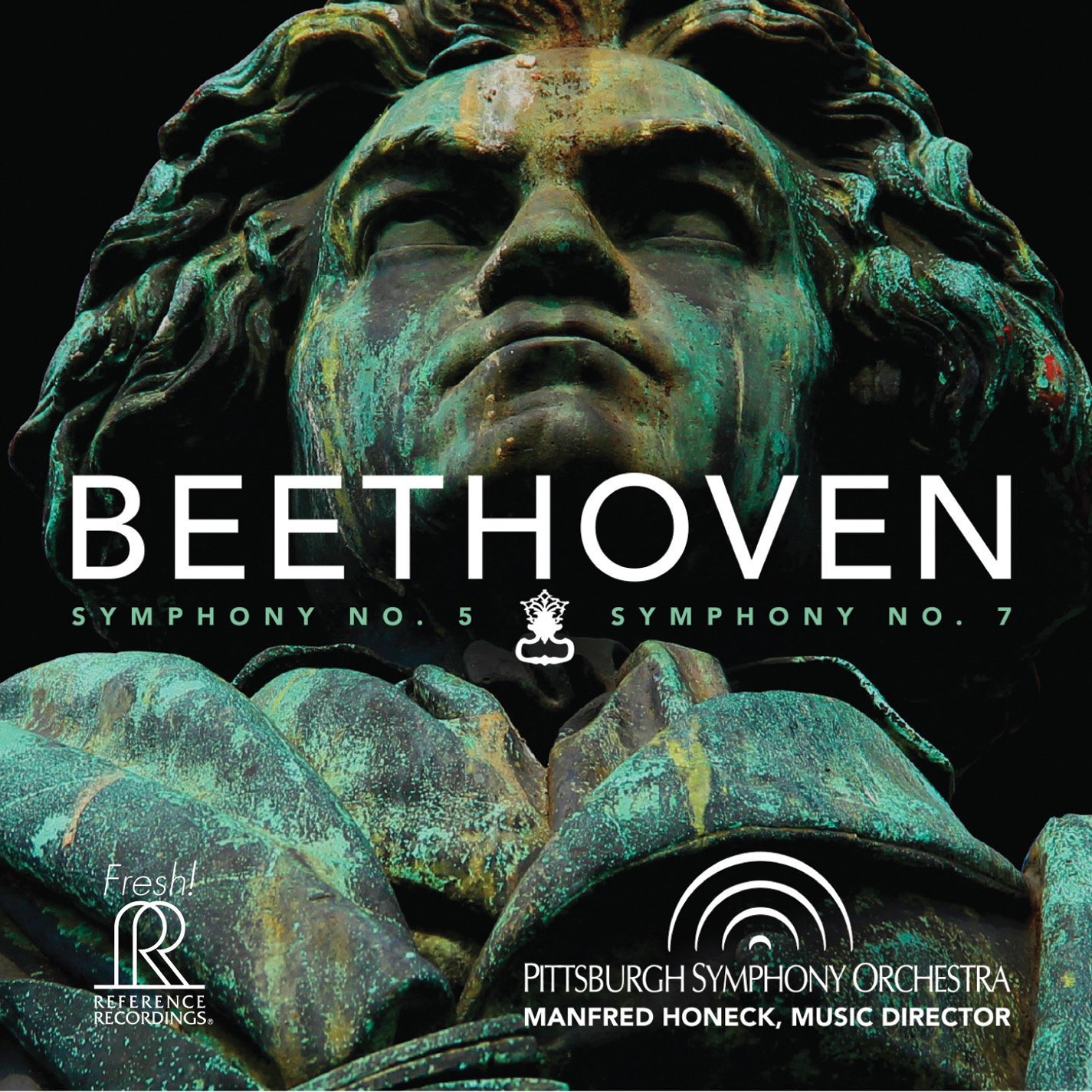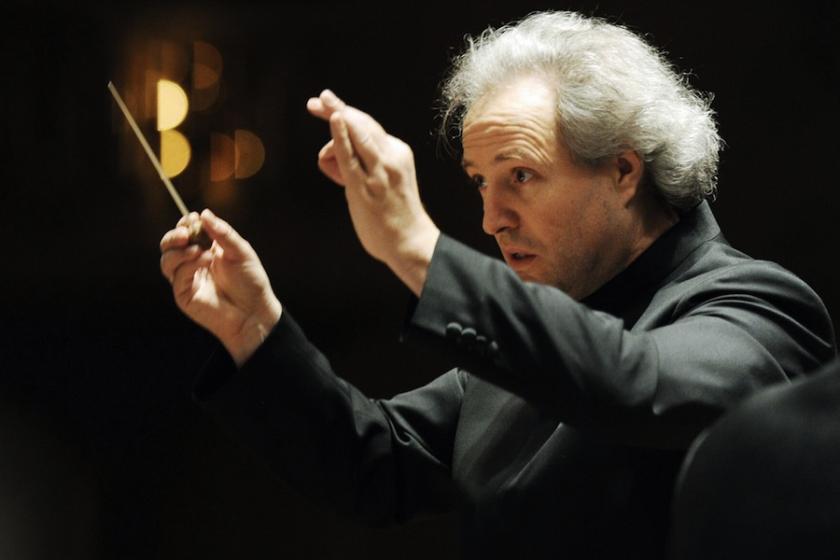 Bach: Mass in B Minor Monteverdi Choir, English Baroque Soloists/John Eliot Gardiner (SDG)
Bach: Mass in B Minor Monteverdi Choir, English Baroque Soloists/John Eliot Gardiner (SDG)
John Eliot Gardiner's 1985 B Minor Mass still sounds good, a perfect marriage of smart period practice and theatrical nous. Modern instrument performances can feel impossibly bloated and stodgy. Gardiner's forces dance, but lack nothing in weight. Vaclav Luks' Czech version is my current favourite, but Gardiner's DG recording comes in as a close second. This new version was taped in March 2015. The named forces are the same, though the personnel have changed considerably over 30 years. The newer set's closer recorded balance isn't entirely in its favour, and there's an occasional edginess and harshness to the sound; Anneke Scott's spectacular horn obligato in the “Quoniam tu solus sanctus” doesn't bloom as it should. There's an urgency and drive to the faster numbers which may surprise; you expect conductors to slow down with age. “Cum Sancto Spiritu” is indecently exciting. The vocal lines during the fugal writing are wonderfully clear, though I prefer the joyous bounce of the earlier version.
Gardiner's soloists, drawn from the ranks of the Monteverdi Choir, don't disappoint. Soprano Esther Brazil's “Qui sedes ad dextram Patris” is a delight, as is the pairing of Hannah Morrison and Meg Bragle in the duet “Et in unum Dominum”. The quieter moments are the ones to treasure: the soft closing cadence of the “Crucifixus” is sublime. All very decent – I challenge anyone to remain unmoved by Gardiner's “Donna nobis pacem” – but his earlier recording is the one to have.
 Beethoven: Symphonies 5 and 7 Pittsburgh Symphony Orchestra/Manfred Honeck (Reference Recordings)
Beethoven: Symphonies 5 and 7 Pittsburgh Symphony Orchestra/Manfred Honeck (Reference Recordings)
Sensible readers will already possess Carlos Kleiber's legendary coupling of Beethoven 5 and 7, taped with the Vienna Philharmonic in the mid 1970s. Manfred Honeck's Pittsburgh disc will hopefully turn out to be as enduring. Honeck spent many years as Vienna Philharmonic violinist, playing Beethoven under the likes of Karajan, Abbado, Harnoncourt and Kleiber, so you'd expect him to know these pieces inside out. These performances, though never sluggish, are huge. In the best possible way. Their grandeur is irresistible, reminding us just how rare large-scale, modern instrument performances are. We know that Beethoven preferred big orchestras. He'd presumably have loved this disc. Antiphonal violins are beautifully clear, and the lower strings possess incredible depth. Winds and brass are outstanding, with spectacular horns. The weighty, rhetorical opening of Honeck's Fifth is striking, in his words giving it “a grandiose weight, power and vehemence.” What ensues has intoxicating energy. Honeck's notes point out various things which usually pass unheard, like the horns blasting out the motto theme six minutes in. Taut inner movements and a very Brucknerian transition lead to the most exultant of finales. Glorious.
As is this Seventh, the Vivace's rhythms enunciated with impeccable clarity. Honeck follows Carlos Kleiber in having the violins play pizzicato at the end of the second movement, a decision based on Kleiber's father's examination of Beethoven's manuscript. And, again, what a finale. The earth moves. There's a wonderful moment seven minutes in, where the shadows briefly descend. Honeck's handling of it is matchless, and the closing pages are overwhelming. This disc should be prescribed as an anti-depressant, showing doubters exactly why classical music can still entertain and overwhelm. Everything I've heard from this particular orchestra/conductor combo has delighted me, and this is their best recording to date. Flawless engineering, and Honeck's enthusiastic notes are a joy to read.
 Mosolov: Iron Foundry, Piano Concerto No. 1 Steffen Schleiermacher (piano),Rundfunk-Sinfonieorchester Berlin/Johannes Kalitzke (Capriccio)
Mosolov: Iron Foundry, Piano Concerto No. 1 Steffen Schleiermacher (piano),Rundfunk-Sinfonieorchester Berlin/Johannes Kalitzke (Capriccio)
Along with the likes of Widor, Albinoni, Orff and Bruch, Alexander Mosolov is known for just one work. In his case it’s the clangorous Iron Foundry, a brief snippet from a steel-themed ballet composed in the USSR in the mid 1920s. If you know and love Prokofiev’s noisy Symphony No. 2, or enjoy Honegger’s thrusting Pacific 231, you’ll like listening to Iron Foundry. Maybe not repeatedly, but this is a piece which deserves to be exhumed more regularly. Mosolov’s ostinati are piled up with some skill, and Johannes Kalitzke’s Berlin orchestra keep the textures transparent. This disc includes another extract from the same ballet, Tractor’s arrival at the Kolkhoz, its cool, pastoral opening rudely shattered by Ivesian brass.
Mosolov’s Piano Concerto No. 1 is the longest work on the disc. Sardonic and percussive, it’s rambling but entertaining, the brief last movement especially impressive. And it’s phenomenally played by Steffen Schleiermacher, who also gives us Mosolov’s abrasive one-movement Piano Sonata and accompanies Ringela Riemke in the attractive Legend for cello and piano. Strangest are the Four Newspaper Announcements from 1924, where soprano Natalia Pschenitschnikova sings about lost dogs, pest control and leeches to a beguiling piano accompaniment. Poor Mosolov fell from grace in the late 1930s. Expelled from the Composers’ Union for taking part in a drunken brawl, he spent a year in a prison camp for ‘counter-revolutionary propaganda’. Incredibly, he lived on until 1973, continuing to compose. A fascinating anthology, well-performed and cleanly recorded.















Add comment